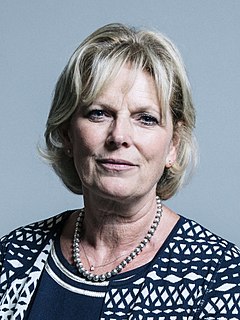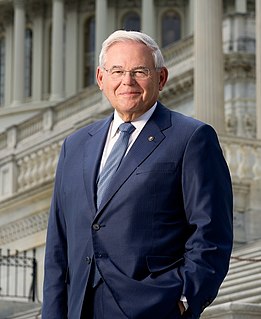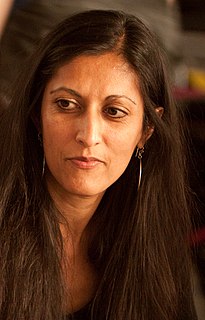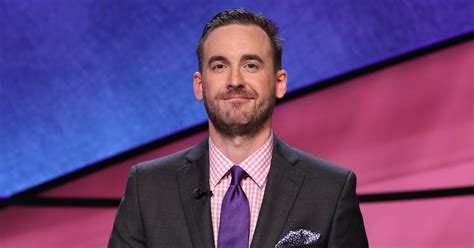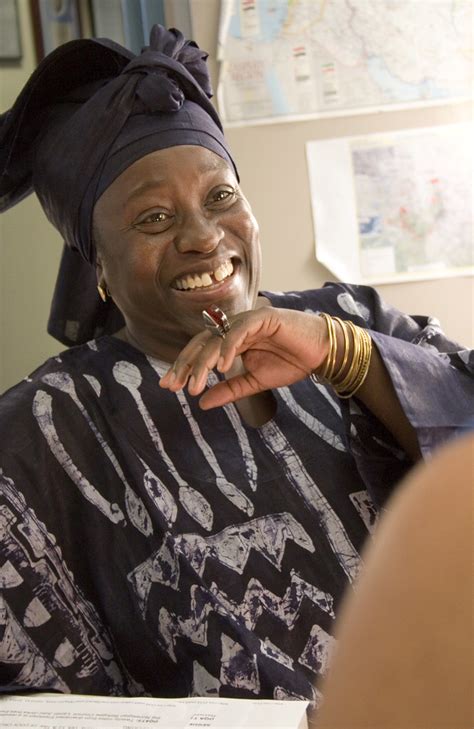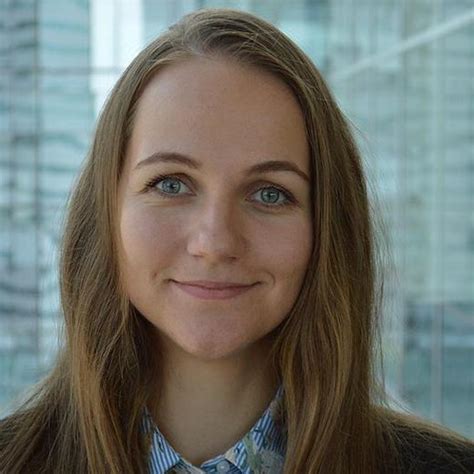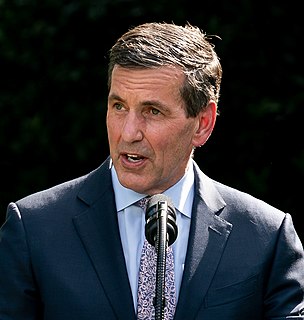A Quote by Mike Quigley
In Chicago in 2000, the Cure Violence health approach saw a 67 percent decline in shootings and killings, which soon replicated to 70 communities nationwide with multiple independent evaluations from world-renowned institutions, such as the Johns Hopkins Bloomberg School of Public Health.
Related Quotes
Since 1975, violence has been recognized as a public health problem, in large part to former Surgeon Generals Dr. Koop and Dr. Satcher's pioneering efforts to make the health approach a national priority. Since then, we've seen that violence can be curbed - and stopped - if we treat it as we would any other epidemic health concern.
My colleagues from the Department of Health Behavior and Health Education are working on participatory public health initiatives in Michigan, and there is much that we can learn from each other. In fact it is essential that we strengthen efforts to learn from each other, and stop considering public health in the third world and in the U.S. as separate intellectual and practical endeavors.
Ebola has killed almost 12,000 people and at least 500 health workers. So it affected the entire population. And as you know, the World Health Organization was accused of not having declared an epidemic soon enough. And that's when we saw Ebola rampaging through Sierra Leone, Liberia and, to a lesser extent, Guinea.
The problem of environmental children's health is very urgent in Russia. Environmental situation now is the main factor, which determines young generation's health... the volume of pollutant emissions in atmosphere and water grew and scale of ecological man-caused catastrophes increased. More than half of Russian territories, where 60-70 percent of the of population lives, have unsafe ecological situation.
Following the school shootings, Hillary and Tipper Gore, as well as their husbands, got together for the first White House conference on mental health. Because of her interest in mental health and her own problem with anti-depressants, Tipper had been made the expert, the psychiatric consultant to the president, duly designated.

